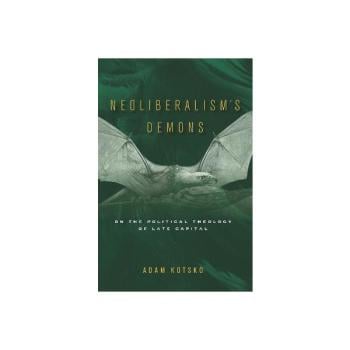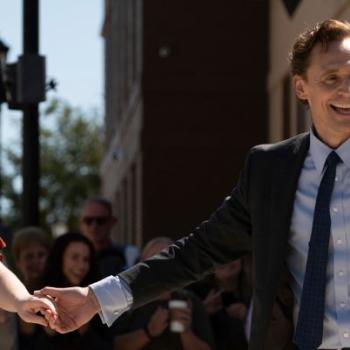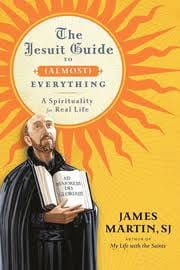 The Jesuit Guide to (Almost) Everything: A Spirituality for Real Life
The Jesuit Guide to (Almost) Everything: A Spirituality for Real Life
HarperOne
432 pp.
By James Martin, S.J.
For over 500 years, the Jesuit Order of Catholic priests, founded by St. Ignatius of Loyola, have enjoyed a well-deserved reputation as a society of scholars, educators, free-thinkers, and activists. In this digestible account of all things Jesuit, James Martin, S.J., encapsulates the uniquely Ignatian concept of spirituality. Translating the essence of the Jesuit philosophy into layman's terms, he uses both traditional stories and personal anecdotes to vividly illustrate the Jesuit approach to God, friendship, social justice, decision-making, prayer, simplicity, obedience, and self-actualization. Martin's engaging, intimate tone will appeal to anyone interested in understanding the history, the efficacy, and the universality of the Jesuit mission and way of life. Martin, the author of My Life with the Saints (2006), has a way of popularizing serious religious issues without trivializing their impact and significance. (Booklist)
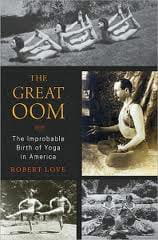 The Great Oom: The Improbable Birth of Yoga in America
The Great Oom: The Improbable Birth of Yoga in America
Viking
416 pp.
By Robert Love
Few Americans practicing hatha yoga today will have heard of Pierre Bernard, the "first American yogi." Journalist Love only found out about the notorious mystic and chimerical genius nicknamed the Great Oom when he and his wife moved to Nyack, New York, and discovered that they were living on what was once part of Bernard's lavish country club-cum-ashram. Love diligently researched the forgotten tale of how yoga, once demonized as obscene and dangerous in the States, became a popular path to health, while retrieving the rollicking story of a true American original. Born in Iowa in 1876, the future guru found the unlikeliest of mentors, a yoga master from Calcutta. Once he became adept at yoga's most dramatic practices, Bernard, a brilliant, charismatic, and fearless entrepreneur, weathered scandals, legal battles, and jail to create a Jazz Age empire that attracted the rich and famous. Yoga was the magnet, but Bernard's upscale bohemian commune also offered semipro baseball, theatrical productions, circuses, and sexual freedom. Bernard concurrently managed banks, became an "aviation czar," broke hearts, and made enemies. Love writes with all the zest, wit, and empathy his protean subject deserves as he tells this dazzling tale of a self-made man of holistic convictions and archetypal flaws. (Booklist)
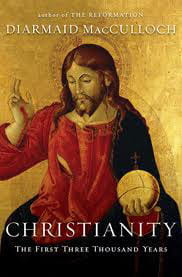 Christianity: The First Three Thousand Years
Christianity: The First Three Thousand Years
Viking
1184 pp.
By Diarmaid MacCulloch
MacCulloch signals the parameters of his prodigious scholarship when he brackets the Resurrection as a riddle no historian can resolve, then marvels at how belief in the Risen Lord has transformed ordinary men and women into martyrs—and inquisitors. Despite his refusal to affirm the faith's founding miracle, MacCulloch demonstrates rare talent for probing the human dynamics of Christianity's long and complex evolution. Even when examining well-known episodes—such as the Church Fathers' fight against Gnosticism or the stunning conversion of Constantine—this capacious narrative opens unexpected perspectives. Readers encounter, for instance, surprising connections between Christian doctrine, on the one hand, and ancient Greek philosophy interlaced with Roman politics on the other. As the chronicle fractures into Catholic, Orthodox, and Protestant strands, MacCulloch exposes unfamiliar but unmistakably human personalities who have shaped the worship of the divine. Readers meet, for instance, Gudit, a savagely anti-monastic Ethiopian queen, and Filofei, an irrepressibly ambitious Russian monk. Much closer to our time, we confront Christian enthusiasms that militarists harnessed in World War I, Christian hatreds that Nazis exploited in World War II. Concluding with the perplexities of evangelists facing an implacably secular world, MacCulloch leaves readers pondering a problematic religious future. A work of exceptional breadth and subtlety. (Booklist)
